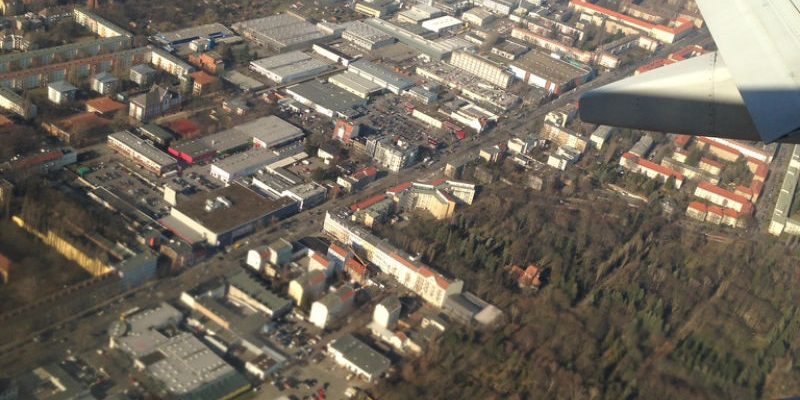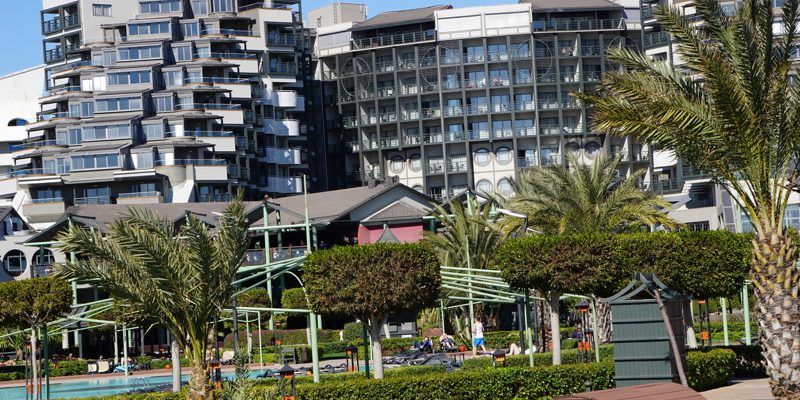So far I have always refused – holidays in Turkey was not imaginable for me. As a Berliner in some districts, you experience the Turkish life more than in some Turkish tourist resorts. So why go there? But for our first winter escape from the Berlin winter the destination was just right.
Turkey
Walk along the hotel mile
There is not much to see in Lara. Only if one fancies a stroll through several shopping malls. A main road leads past many large hotels, behind that there are some houses and behind those: nothing.
So? Did you feel safe in Turkey
“Please take a look at the safety precautions and tell me about it!” we were asked by our travel agent Lisa – bless her soul! – who helped arrange many of our adventures through her agency “Lisa’s Reiseagentur”.
To fly to Turkey shortly after the attack in Istanbul was apparently unthinkable for some of her clients. So we had a closer look on safety and security measures.
Turkey: Limak Lara De Luxe Resort
The Limak Lara De Luxe Resort is a 5-star hotel located directly on the beach in the small coastal town of Lara. We picked this hotel for our first break from the cold German winter and were rewarded for our choice.



